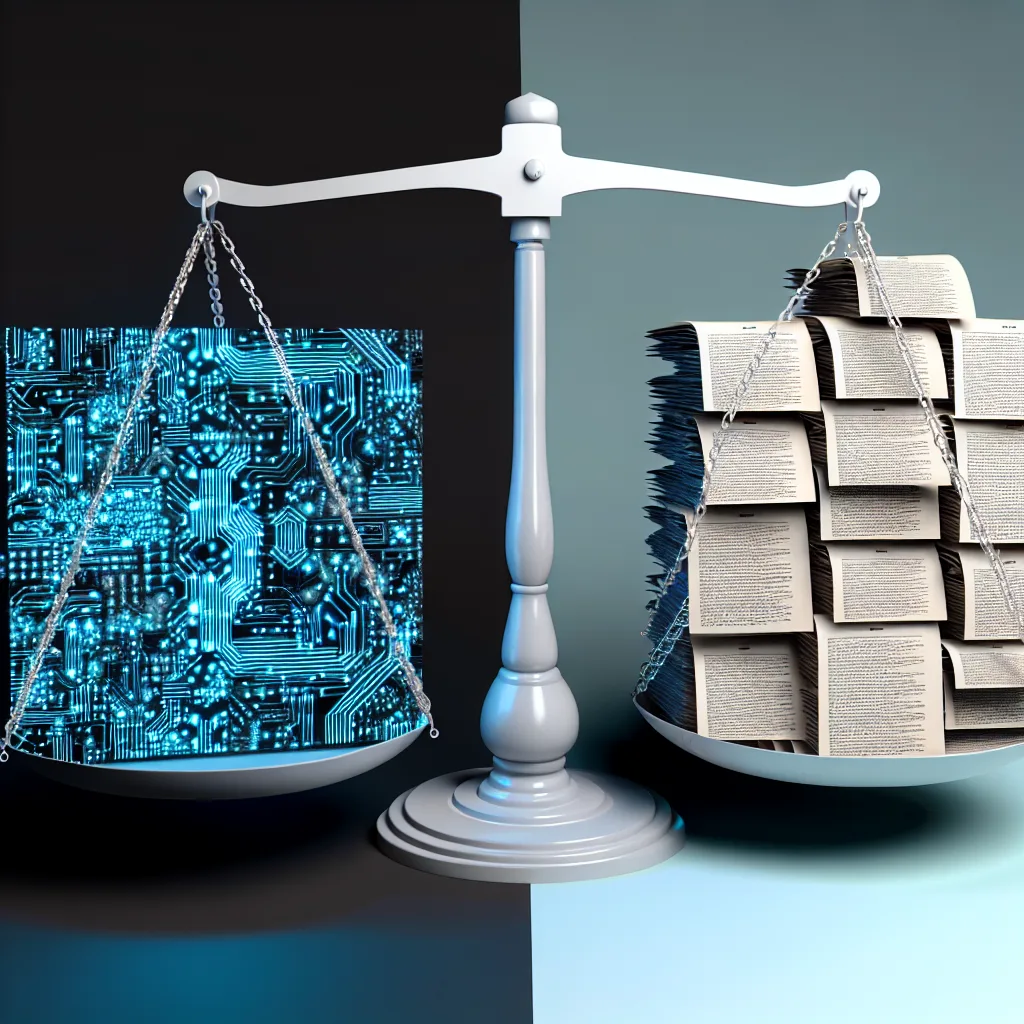Understanding how AI regulation is reshaping innovation and responsibility in 2025
If you’ve been keeping an eye on tech trends lately, you might have noticed a significant shift around AI regulation. The era of “move fast and break things” seems to be facing a real challenge as governments and big institutions start to get serious about putting rules around artificial intelligence. It’s a change that impacts everyone in the tech space — from developers to creators, and even everyday users.
What’s Happening with AI Regulation?
In simple terms, governments worldwide are going from theoretical discussions about AI safety to concrete action. A key example is the European Union’s AI Act, whose first deadline has just passed. This law means that developers who create large AI models are now officially considered “AI providers”, bringing them under stricter oversight and requiring them to follow new rules. If you’re someone building or using AI tech, it’s important to understand what this means for how models are developed and shared.
Moving From Ideas to Real-World Impact
The conversation about AI safety used to be pretty abstract. But now, with increased legal actions and inquiries by bodies like the Federal Trade Commission (FTC) in the US, AI’s social impact is under real scrutiny. The FTC has been questioning tech companies and testifying before Congress, especially after incidents where AI technologies played a role in tragic events. This marks a shift: instead of just talking about what could happen, authorities are focusing on what has happened, and they want to make sure it doesn’t happen again.
Why Copyright and Data Use Are Big Issues
Another major piece of the AI regulation puzzle is how AI uses data. For a long time, data scraping felt like a bit of a free-for-all, but that’s changing fast. Publishers and creators are pushing for fair compensation when their content is used to train AI models. The introduction of frameworks like the Really Simple Licensing (RSL) proposal aims to make it easier for creators to get paid for their data. Big studios like Disney, Universal, and Warner Bros. are even suing over copyright infringement related to AI, signaling this era of careless data use is waning.
Companies Taking the Lead
Interestingly, some companies aren’t just waiting for laws to catch up — they’re acting on their own. OpenAI, for example, has been rolling out new safety features built into their AI models to reduce risks and biases. This kind of corporate self-regulation shows the industry recognizes the growing demand for safer, more responsible AI innovation.
What Does This Mean for the Future?
If you’re excited by AI and tech innovation, this pivot matters. AI regulation is no longer just background noise; it’s becoming a defining part of how AI products and development will evolve. It means more responsibility for developers, new protections for creators, and hopefully, a safer experience for users everywhere.
If you want to keep an eye on ongoing updates, organizations like the European Commission provide official information on AI laws, and the Federal Trade Commission offers insights into regulatory actions in the US.
It’s a fascinating time. The quick, unregulated growth era might be ending, but a new one focused on thoughtful progress and accountability is just beginning.
